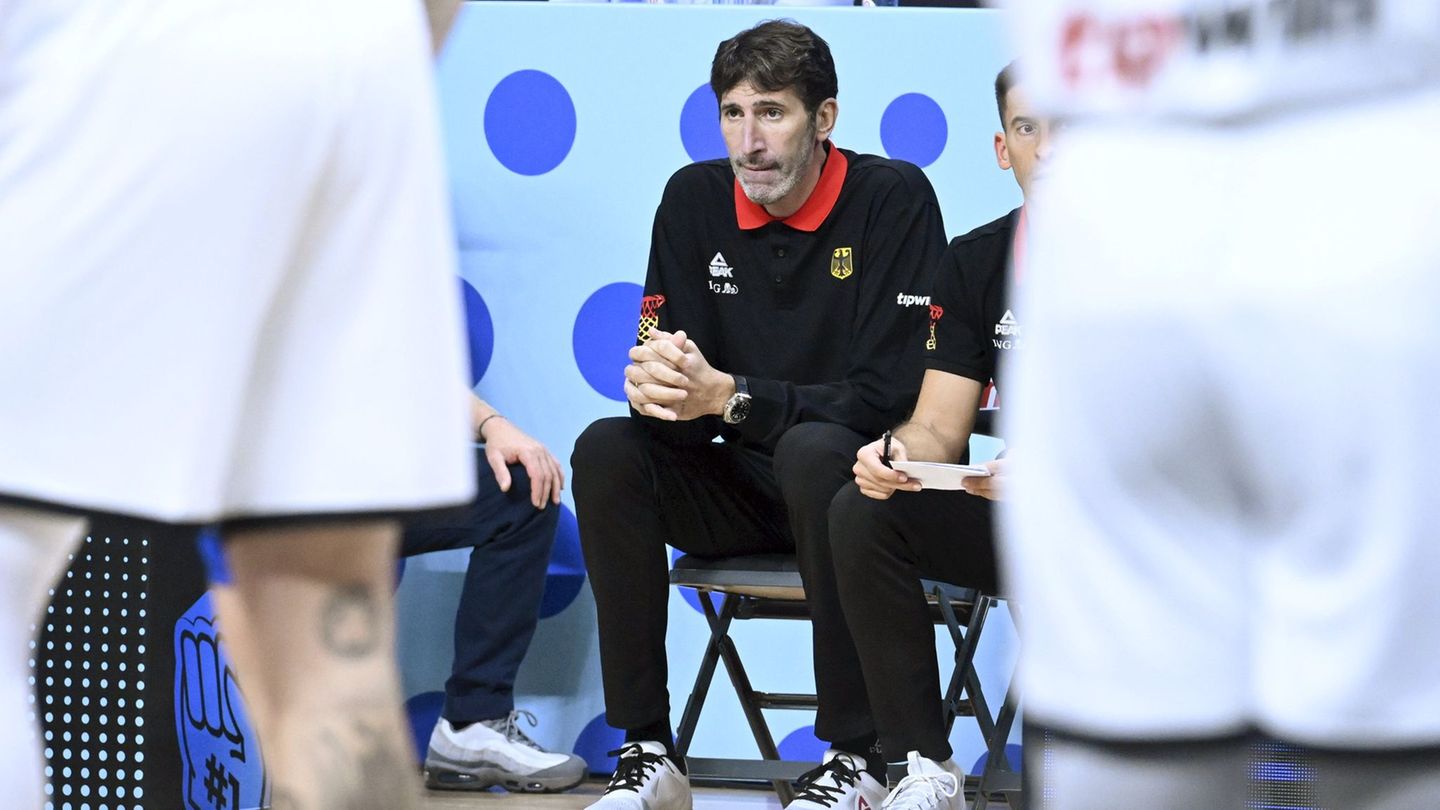I have been working in the news industry for over 6 years, first as a reporter and now as an editor. I have covered politics extensively, and my work has appeared in major newspapers and online news outlets around the world. In addition to my writing, I also contribute regularly to 24 Hours World.
Menu
Middle East: Blue helmets on fire: Lebanon mission is becoming increasingly difficult
Categories
Most Read
The situation at a glance: The big question marks after the Zelensky-Trump meeting
October 18, 2025
No Comments
After meeting with Trump: Zelenskyj on Tomahawks: Trump said neither no nor yes
October 18, 2025
No Comments
Drone sightings: Survey: 79 percent in favor of shooting down illegal drones
October 18, 2025
No Comments
The situation at a glance: More suspected hostage bodies handed over to Israel
October 18, 2025
No Comments
Sentenced to prison: Trump reduces Santos’ sentence – ex-MP is released
October 18, 2025
No Comments
Latest Posts

Denise Richards: Estranged husband arrested in courtroom
October 18, 2025
No Comments
Lisa HarrisI am an author and journalist who has worked in the entertainment industry for over a decade. I currently work as a news editor

National team: Basketball national coach Mumbrú leaves hospital
October 18, 2025
No Comments
PierceI am Pierce Boyd, a driven and ambitious professional working in the news industry. I have been writing for 24 Hours Worlds for over five

Jean-Claude Van Damme turns 65: Hard blows in real life
October 18, 2025
No Comments
Action actor Hard blows in real life: Jean-Claude Van Damme turns 65 Copy the current link Add to watchlist From child prodigy to star: Jean-Claude
24 Hours Worlds is a comprehensive source of instant world current affairs, offering up-to-the-minute coverage of breaking news and events from around the globe. With a team of experienced journalists and experts on hand 24/7.

